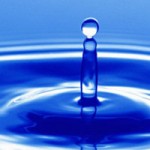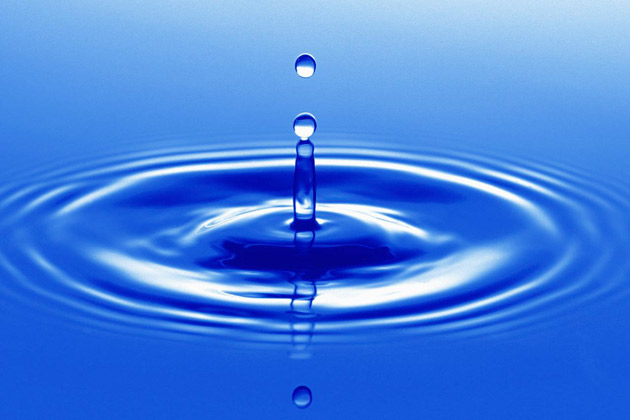I want...
Choosing Your Drinking Water
November 22, 2010 By
Leanne Vogel

 July 22, 2015
July 22, 2015
 Water is the substance we need most. Because good drinking water is so important to health, we should know what the water we drink contains.
Water is the substance we need most. Because good drinking water is so important to health, we should know what the water we drink contains.
The many choices
Due to our current pollution problems, it is essential for all of us to purify our drinking water. Most of us who live in cities provided with municipal tap water from treatment plants must take the appropriate steps to make sure our water is the best it can be. Tap water: heavily laden with heavy industrial and environmental pollution. Spring water: “natural” water found in surface or underground springs. Other than being disinfected with chlorine, spring water is not processed. Mineral water: many of these mineral waters are simply filtered tap water. Caution must be taken for individuals that rely solely on carbonated mineral water as their source of fluids as it can disrupt the acid-alkaline balance in the body. Filtered water- Activated carbon (ex: Brita): cleans water of bacteria, parasites, most viruses, chlorine, and heavy minerals but does not do well with removing microorganisms and metals. Can become a breeding ground for microorganisms. Note: hot water should not be ran through a carbon filter
- Solid carbon block: germs will not thrive in the filter. Traps more chemicals, organic pollutants, radon and asbestos than activated carbon filters
- Reverse osmosis: can remove the smallest of particles but many of the minerals are removed
The best choice – taste
My personal choice is reverse osmosis water because:- It’s convenient: the water store near my office sells large polyethylene-free jugs for $3 each (works out to be $3/week)
- It tastes fantastic: there’s a slight sweetness to it that’s very satisfying
- Fluoride is removed: no other form of filtration removes fluoride
- Removes chlorine, bacteria, metals, and chemicals
The best choice – economical
If you’re looking for an inexpensive choice that is better for the environment, solid carbon filtration is the way to go. Although it will not remove fluoride, it does remove all chlorine, bacteria, metals, and chemicals. Both filtration systems can be hooked up to your kitchen faucet, enabling your family to have purified water for drinking, cooking, and washing your food. Having a filtration system installed is the most economical in the long run. While these choices will be more expensive than drinking tap water, it’s well worth the cost of a few dollars a month knowing that you and your family are enjoying water that is free of bacteria, chlorine, toxic chemicals, and most heavy metals. After all, at greater than 60% water, we are what we drink.Hi! I’m Leanne (RHN FBCS)
a Keto Nutritionist, host of The Keto Diet Podcast, and best-selling author of The Keto Diet & Keto for Women. I want to live in a world where every woman has access to knowledge to better her health.





